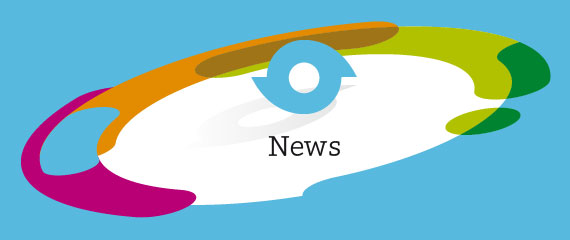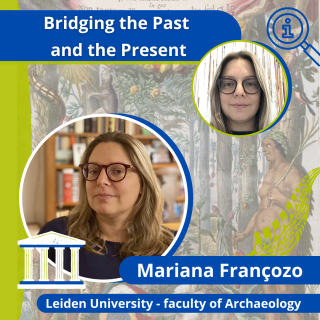Meet the Expert | Mariana Françozo
Mariana Françozo is an associate professor of Museum Studies at the Leiden Faculty of Archaeology, with a background in anthropology and cultural history. She studied and trained in Brazil and completed her PhD partly in Brazil and at the University of Amsterdam. Her research explores indigenous South American objects in Europe: how they arrived there and their significance today. In an interview with LeidenGlobal, she discussed her research, her passion for archives, and what she values about teaching students.
Dr. Françozo believes the historical context of objects is important. These objects serve as traces of the past, revealing the reasons behind their presence and offering insights into broader historical processes. They also shed light on the roles of indigenous peoples throughout history, highlighting the ways in which they influenced and shaped their own destinies.
In a recent project, she studied Historia Naturalis Brasiliae (1648), in which the natural world of Brazil is described. The project explored how the book reveals the influence of indigenous knowledge on what is now considered universal knowledge. The scientists who authored it, relied on indigenous expertise about Brazil’s land and plants. Dr Françozo examines both its past - how it was written, published, and used in Europe - and its present, investigating whether the plants still exist, their uses today, and where they are sold and cultivated.
The connection between past and present is central to Mariana Françozo’s work. She finds the future boring but sees the past as a mystery, driving her passion for historical research. Her background in anthropology forces her to connect her work to the present. She doesn’t like when people say that something is happening for the first time in history, because often it is not. Innovation is building on what others have done before you. By tracing how we got to where we are today, you will find everything has deep roots in history. What she has learned from anthropology is to be suspicious of the knowledge that we now take for granted.
She loves visiting museums and studying collections. Archives are especially meaningful to her because they hold fragments of the past; They are windows into the human past, that take you back to another time. She starts her days early in archives or libraries and then spends the whole day studying. She says there’s “nothing like that silence and contact with the sources”. She loves bringing these fragments to the present by discussing them with indigenous people. Her work makes these objects from their history accessible to them.
Dr. Mariana Françozo strongly believes that teaching is the most important thing in the humanities. Students are taught critical thinking, scientific methods and expertise in specific fields of knowledge. She teaches an introductory course to museums and hopes to inspire her students to think more about what historical objects in museums teach them about the present. Teaching students to engage with the world in a creative manner creates curiosity, energy and empathy. Mariana Françozo believes if we pass these skills onto students, it will help them excel in any future career.
Interview by LeidenGlobal Intern Ilse Zwart
April 2025
Have a look at our other experts on the Expert page

